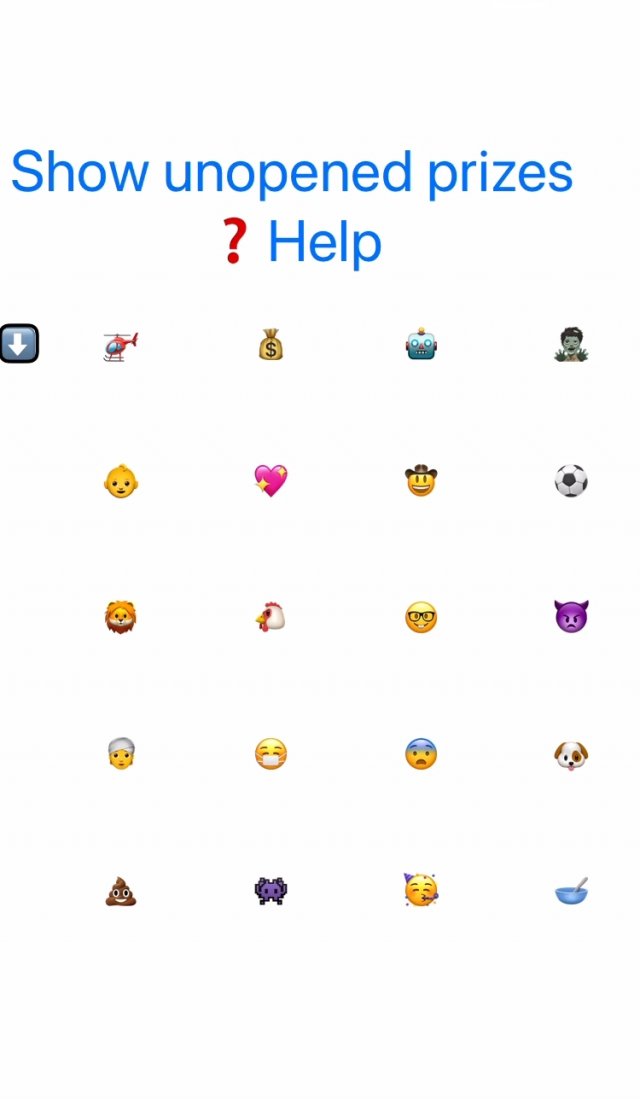Blind game developer flips the script on incorporating accessibility

In the mountains outside of Barcelona, resides a modern-day Renaissance man. This Spanish native fluently speaks half a dozen languages, is educated in music theory, works in web design, and develops accessible mobile games.
Long before gaming accessibility became part of popular gaming culture, Oriol Gomez infused gaming accessibility into his early windows based offerings. At age 15, Oriol taught himself game coding and began creating them. From the outset, it was important to Oriol that accessibility be part of his coding projects. What made this teenager conscience of accessibility? Oriol was born blind.
Throughout his childhood, Oriol attended the public school system in his hometown of Salou in the Catalonia region of Spain. While Oriol had support through a group of blind friends, he had to operate on a daily basis within a world made for sighted individuals. This life experience engrained in Oriol the need for an inclusive approach to supporting individuals of all abilities. Years later, Oriol would ensure that his mobile games would be equally accessible to both the blind and sighted community.

While COVID-19 is a worldwide tragedy that has forever reshaped the global community, it did provide individuals with an opportunity to reevaluate their priorities. Oriol revisited his love of game creation and decided to explore the mobile gaming landscape. As he contemplated the start of his game development, Oriol wanted to break the blind game developer stereotype. He was determined to create games for all gamers no matter their visual acuity. Often, blind developers will create non-visual accessible games that are specifically marketed to the blind community. Oriol’s experience of fully integrating into a visually dominated world guided him toward creating mobile games for all gamers.
While hunkered down in his apartment during the COVID-19 quarantine, Oriol executed a blistering pace of game releases. After spending months with ‘Hacking with Swift’ resource material, Oriol released an accessible version of a familiar intellectual property. His ‘Accessible 2048’ found instant success gathering hundreds of downloads on its first day.
With a published game on his resume, Oriol began a hot streak of activity. His next 3 word games would reach the top 10 on the Apple Spanish Word Game Chart. These games would also break into the top 100 on the United States Word Game Chart. You can browse all of Oriol’s mobile and windows based games on his website.

The rise in accessibility awareness has led major gaming studios to create internal teams and external beta testers dedicated to accessibility implementation. Oriol approaches accessibility integration from a different angle. Having spent the past three decades blind, Oriol vigorously conducts the Voiceover accessibility testing himself. He employs a team of blind beta testers to evaluate the overall game, provide feedback on the game’s mechanics, and suggest ideas for the gameplay.
He has a second team of sighted beta testers who review the visual accessibility of his games for the sighted community. This team provides feedback on font size, button placement, object and font contrast, and all other visual cues. Unlike the typical game developer, Oriol is focused on making sure his games are visually accessible to the sighted community. In addition, this approach flips the script where blind beta testers aren’t solely regulated to accessibility testing.
Much like his life in general, Oriol has eclectic gaming interests. He has created puzzlers (Accessible 2048), quizzes (Choose Your Face) and word-based games (Accessible Hangman, Palabra Cadabra, and Letterfull). He expects to leave the word genre for a time and work on developing a narrative story game. Oriol is an inspiration to bourgeoning blind game developers who can look to him as an example of how to develop games for players across the vision acuity spectrum.
About the authorAaron is the founder of "Mobile Accessible Games” which provides weekly long-form reviews of iPhone games that are accessible to blind and vision-impaired gamers. His game reviews are posted to the Facebook group of the same name. In addition, Aaron interviews game developers and accessibility influencers about the state of gaming accessibility on his YouTube channel.